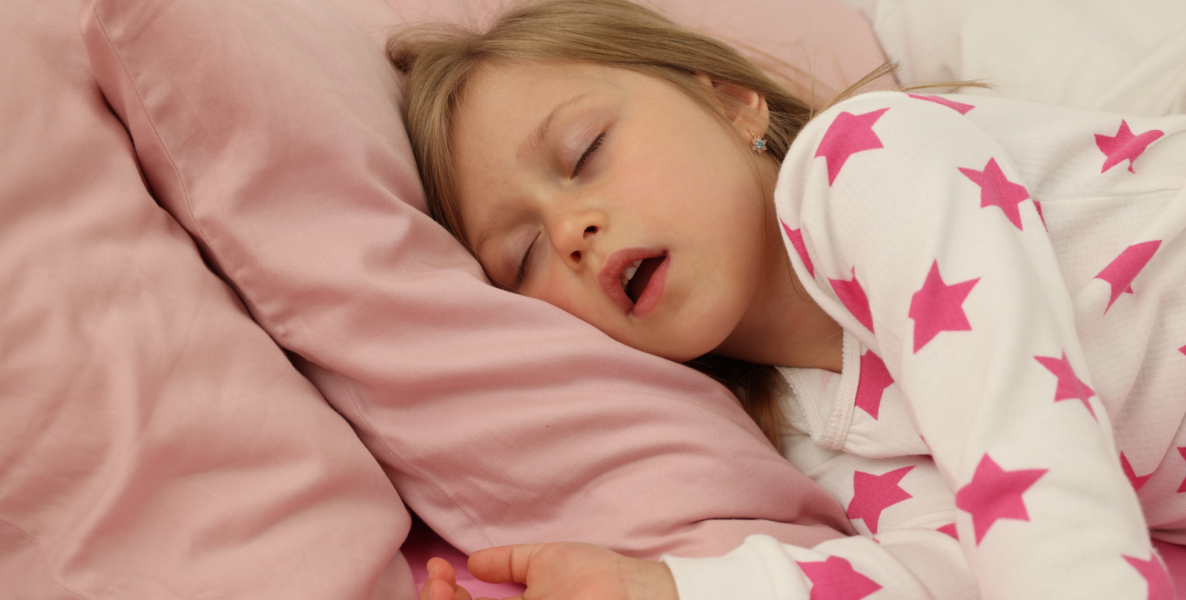Chronic mouth breathing can significantly harm the respiratory system and overall health, according to the National Library of Medicine’s website.
Inhaling through the mouth introduces unfiltered, poorly humidified air, adversely affecting lung function. Nighttime mouth breathing is linked to increased snoring and sleep apnea. Over time, habitual mouth breathing can alter facial bone structure, leading to a narrow face, higher upper palate, bad breath, and dental issues such as malocclusion (upper and lower teeth don’t align when your mouth is closed) and crooked teeth. This condition also impacts facial muscles, causing speech problems and damage to the soft tissues in the airways.
Observational studies indicate over half of school-aged children are chronic mouth-breathers, with 25% developing sleep-disordered breathing by age six. Experts emphasize the importance of nasal breathing to avoid these health complications.
Reporting for WGRT – Choze Powell


